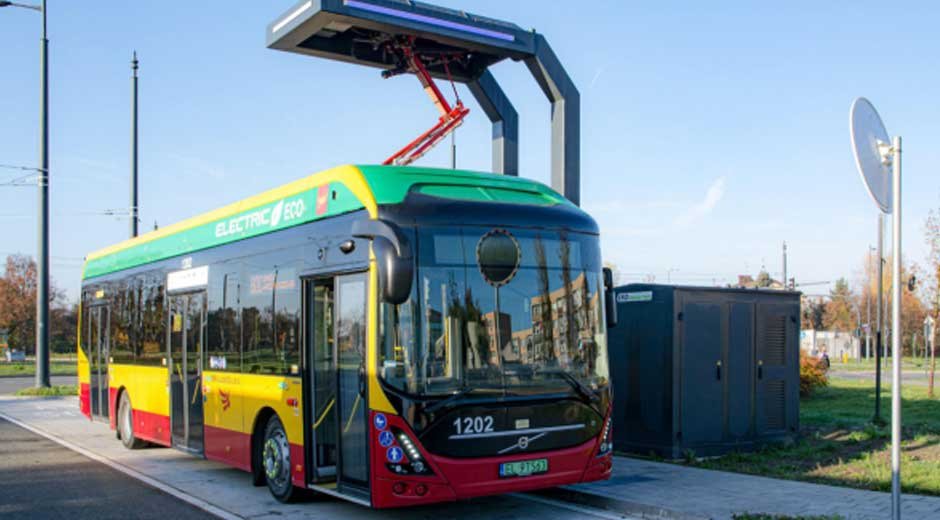Cities are constantly searching for ways to become greener. One of the elements that undergoes a lot of scrutiny is public transportation.
Smart charging stations play a pivotal role in enhancing urban sustainability. By monitoring real-time energy needs, these stations adjust charging prices accordingly, promoting off-peak usage and easing the strain on the electrical grid.
Yet, the story doesn’t end there. What if these stations could also enhance urban mobility and efficiency?
Here’s how smart charging stations pave the way for sustainable urban living.
Enhancing Energy Efficiency
When you think about smart charging stations, it’s essential to evaluate their role in enhancing energy efficiency.
By integrating with renewable sources, these stations reduce reliance on fossil fuels, conserving resources.
Imagine a future where your electric vehicle charges during low-demand periods, saving costs and reducing grid strain. That’s why so many cities cooperate with electric car charger manufacturers.
Smart algorithms predict usage patterns, allowing you to charge when electricity is cheapest and greenest.
Vehicle-to-Grid (V2G) technology further supports this system by allowing electric vehicles to store surplus renewable energy and return it to the grid when required. This not only stabilizes the grid but also provides financial incentives to EV owners who participate in demand response programs.
Integrating Renewable Energy
Another major benefit of smart charging stations is their capacity to decrease dependence on fossil fuels. By providing efficient and accessible charging options for EVs, they facilitate a shift away from gasoline-powered vehicles.
This transition lowers fossil fuel consumption and supports cleaner transportation solutions.
Integrating cleaner energy sources with zero tailpipe emissions from EVs is the best way forward to enjoy improved air quality in urban areas.
Solar panels, installed atop charging stations, store energy in batteries. Wind turbines complement this by generating power even after sunset.
These systems’ adaptability guarantees a continuous energy supply, aligning with urban consumption patterns.
Supporting Urban Mobility
Every city, regardless of size, craves efficient transport systems to thrive, and smart charging stations are pivotal in supporting urban mobility.
These stations reduce congestion by encouraging the changeover to electric vehicles, which are quieter and more space-efficient.
Moreover, smart stations can communicate data on vehicle usage, helping city planners optimize routes and schedules. They also support ride-sharing services by providing quick charging solutions, reducing downtime.
Finally, these stations provide dependable and easily accessible charging options, alleviating concerns about battery range for prospective EV drivers. This convenience motivates more people to transition from gasoline-powered vehicles to electric ones.
With the increasing adoption of electric vehicles, cities can dramatically lower greenhouse gas emissions and improve air quality.
Reducing Local Air Pollution
Smart charging stations are instrumental in combating air pollution by promoting the adoption of electric vehicles (EVs). Unlike traditional cars, EVs emit no tailpipe pollutants, reducing harmful substances like nitrogen oxides and particulates.
Additionally, many of these charging points harness renewable energy sources such as solar and wind power, minimizing reliance on fossil fuels and decreasing emissions from electricity production.
This approach aligns with sustainability objectives by fostering cleaner cities and improving public health through the reduction of respiratory and cardiovascular issues associated with poor air quality.
Conclusion
By embracing smart charging stations, you’re actively contributing to urban sustainability. These stations enhance energy efficiency by managing demand and integrating renewables, reducing carbon emissions.
This solution not only supports electric transport but also fosters a cleaner, more efficient city.

